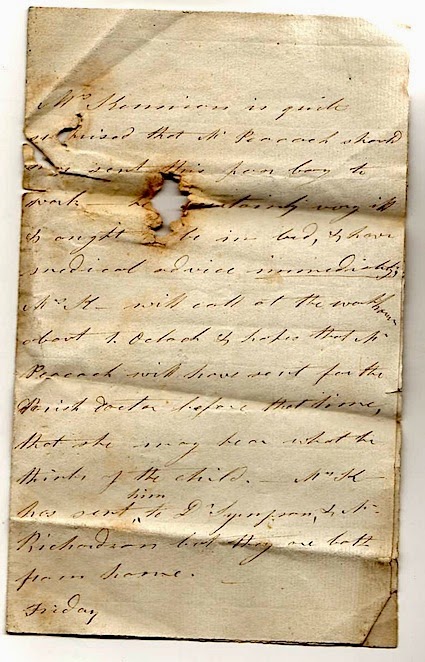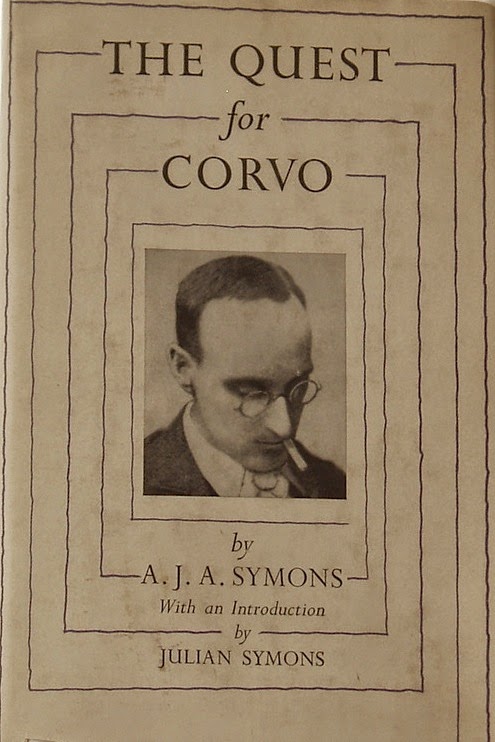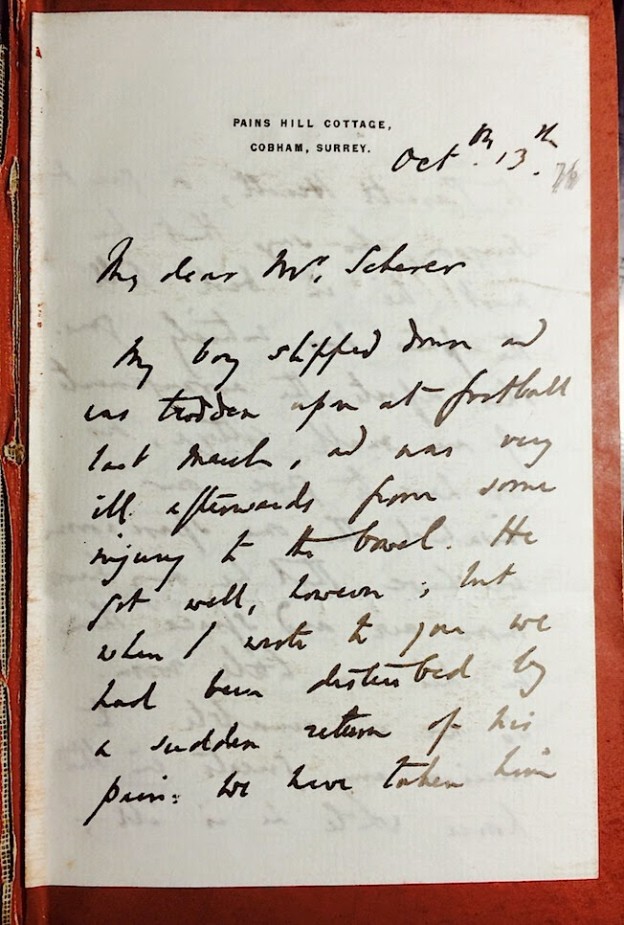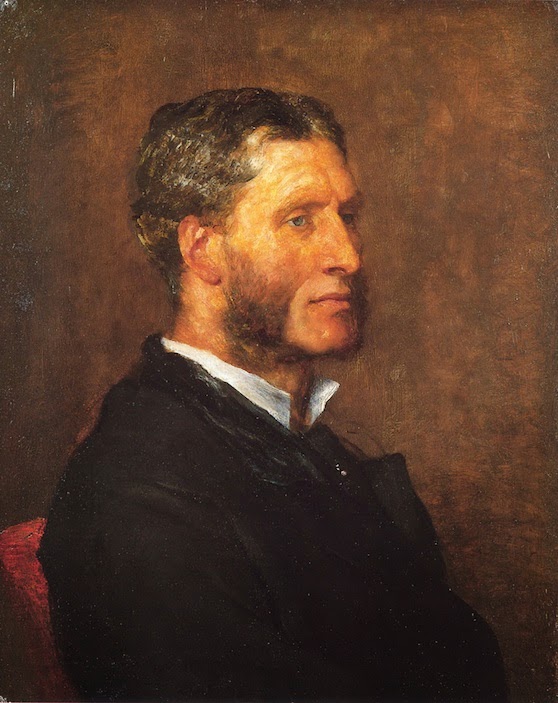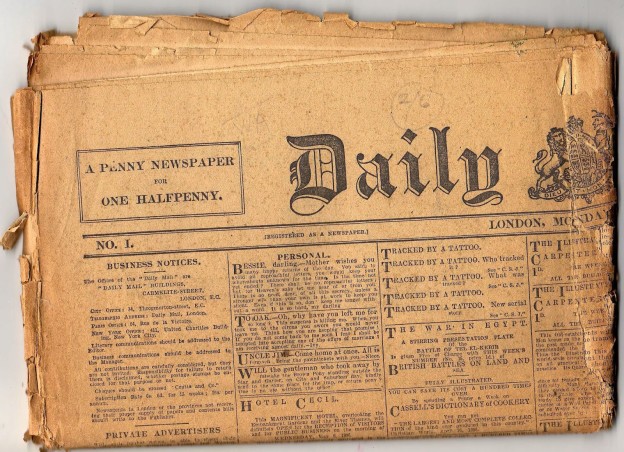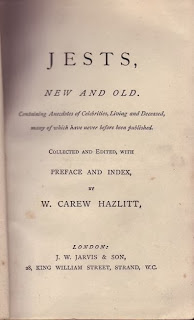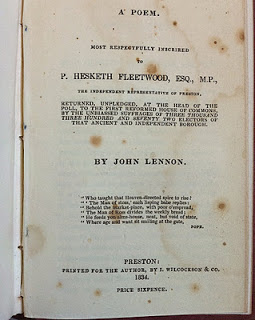Here is a letter picked up years ago in London among a box of ephemera. It is undated, though the watermark is 1821. It is addressed to ‘Mr or Mrs Peacock’:
Mrs Kennion is quite surprised that Mr Peacock should have sent this poor boy to work. He was certainly very ill & ought to be in bed & have medical advice immediately. Mrs K will call at the workhouse about 1 o’clock & hopes that Mr Peacock will have sent for the Parish doctor before that time,that she may hear what he thinks of the child. Mrs K has sent him to Dr Sympson & Mr Richardson, but they are both from home.
Friday.
A bit of Googling revealed that the action took place in Harrogate, then just beginning on its journey to becoming the most select watering place in the north of England. In June 1822 Henry Peacock, formerly the master of Aldborough and Boroughbridge workhouse, arrived, with his wife Elizabeth, as the master of Harrogate’s workhouse in Starbeck. Evidently aiming to make an impression with the employers by saving money, the couple soon managed to reduce the average cost of keeping a pauper by establishing what was basically a vegetarian diet. This regimen could have contributed to the poor health of the boy in question. It would probably not have included many, if any, fresh vegetables, and may, like that of the hero of Oliver Twist, which was set in the 1820s, have consisted mainly of gruel.
Continue reading
